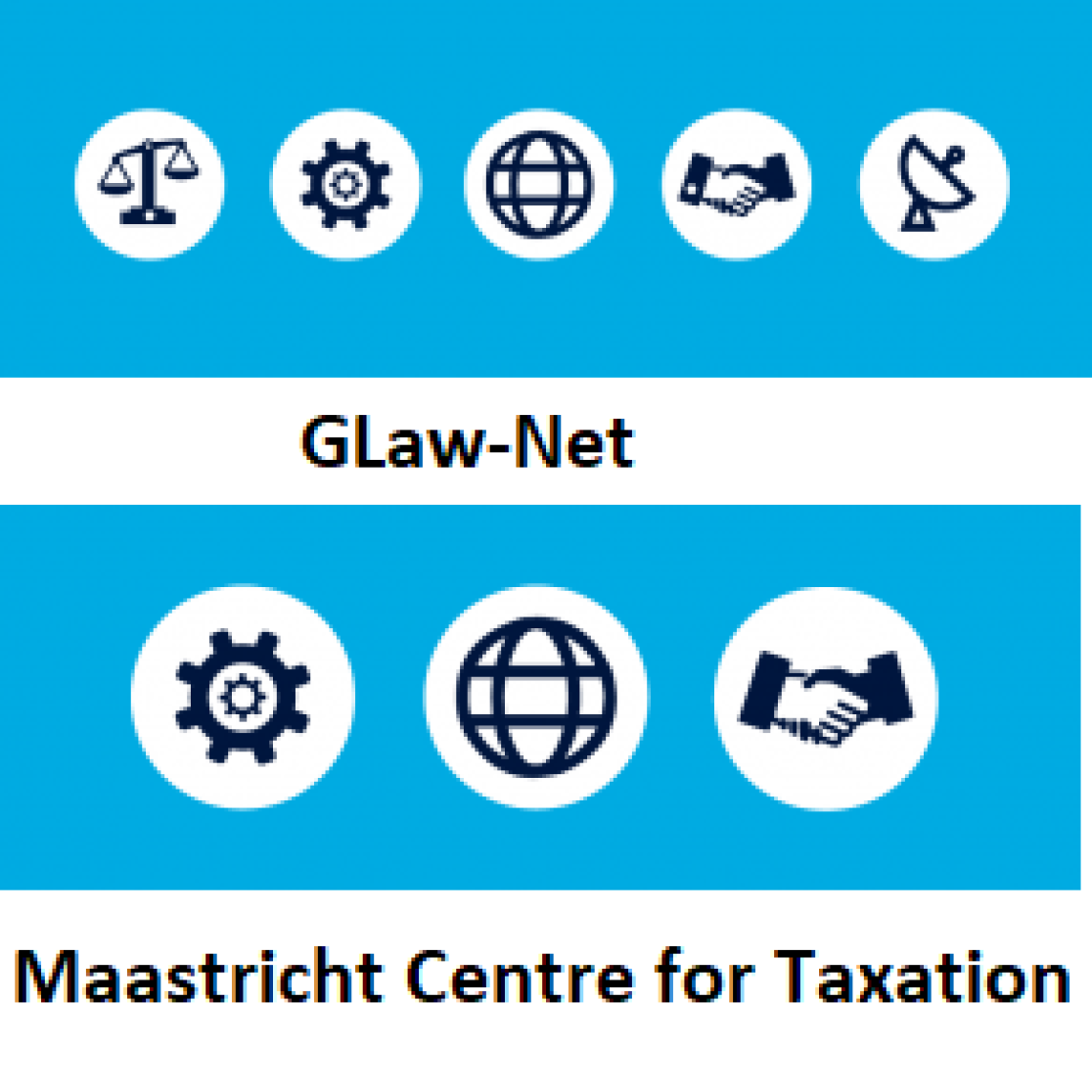Judicial control of Administrative Cooperation in Tax Matters, Taxpayers’ Rights and the Notion of “Foreseeable Relevance” in light of the CJEU’s case law
Webinar, 8 February 2022
The aim of the event is to reflect, from a holistic perspective, on the evolution of the case law of the CJEU from Berlioz I to the recent État du Grand-duché de Luxembourg v L case from both a substantive tax law and a more institutional administrative law perspective. In particular, it aims to examine how the notion of foreseeable relevance has evolved and which impact this evolution has on taxpayers’ rights, as well as to discuss the influence of the OECD and its guidelines on the European legislation to the point they are used by the CJEU as if they were binding. Furthermore, the event aims to discuss the influence of Article 47 of the EU Charter has on the shaping of the administrative cooperation procedures for taxation purposes as well as to analyse judicial review of administrative decisions within the framework of composite administrative procedures.
The concept of “foreseeable relevance” is a key element of the standard of transparency in tax matters. It has experienced significant changes in its scope and conceptual interpretation during the last years to ensure a wide exchange of tax informationand ensure the correct application of international agreements and domestic tax law. The interpretation of the extent and limits of the “foreseeable relevance” notion has been at the centre of a series of rulings by the CJEU, which have contributed to defining also the scope of application of Article 47 of the Charter of Fundamental Rights in tax cases and question the judicial control in the so-called “horizontal composite procedures”.
In October 2020, in the joined cases C-245/19 and C-246/19 État luxembourgeois v B and Others,the CJEU introduced new nuances on the type of documentation that has to be exchanged among tax authorities.On 25 November 2021, in case C-437/19 État du Grand-duché de Luxembourg v L, the Courtfocused on the foreseeable relevance of data belonging to groups of taxpayers. The Court issued new criteria to requests of information of a group of taxpayers to avoid being classified under the term of “fishing expeditions”. Both rulings directly affect the taxpayers’ rights and impact on the system of administrative cooperation in tax matters. Furthermore, new criteria have been introduced for group requests in the recently passed Council Directive (EU) 2021/514 of 22 March 2021 amending Directive 2011/16/EU on administrative cooperation in the field of taxation, known as DAC 7. The OECD standards of transparency together with the model convention and its commentaries have been key elements in the shaping of the European scope of information sharing, nurturing its conceptual interpretation and creation of limits.
Both CJEU rulings have also influenced the interpretation and scope of application of the right to an effective remedy contained in Article 47 of the Charter, especially with respect to administrative decisions that oblige taxpayers and other third parties to provide an amount of information that might beregarded as arbitrary or disproportionate. Starting from the Berlioz I ruling (C-682/15), furthermore, one can observe a trend of progressive clarification of question of judicial control of preparatory decisions issued in the context of horizontal cooperation mechanisms (i.e. those in which the process of implementation of EU law takes place exclusively through the interaction between national authorities without the involved of the EU administration).
These cases go to the core of the need to strike a correct balance between, on the one hand, an effective system of administrative cooperation as a vital tool to tackle tax evasion and avoidance, and, on the other hand, the necessity to protect taxpayers’ rights from possible arbitrary and disproportionate procedures and establish a set of clear limits as to which information can and should be exchanged.
Programme
| 14:00 - 14:20 |
Introductory remarks (Mariolina Eliantonio and Marina Serrat Romaní, Maastricht University) |
|
Panel I – the tax law perspective |
|
| 14:20 - 14:40 |
The influence of the OECD in the creation of binding legislation on Exchange of information within the EU –Dr. Jasper Korving (Maastricht University) |
| 14:40 - 15:00 |
The evolution of the notion of “foreseeable relevance” on taxpayers’ rights within the EU – Prof. Pasquale Pistone (Salerno University, Academic Chairman IBFD) |
| 15:00 - 15:20 | Discussion |
| 15:20 - 15:35 | Break |
|
Panel II – the European administrative law perspective |
|
| 15:35 - 15:55 |
The role of Art. 47 of the EU Charter of Fundamental Rights in tax cases–Dr Aikaterini Pantazatou (Luxembourg University) |
| 16:55 - 16:15 |
From Berlioz I to État luxembourgeois and beyond: the question of judicial review of foreign acts in horizontal composite administrative procedures– Dr Filipe Brito Bastos (Nova School of Law Lisbon) |
| 16:15 - 16:35 |
Discussion |
| 16:35 - 16:50 |
Conclusions and closing (Mariolina Eliantonio and Marina Serrat Romani, Maastricht University) |

Relevant links
https://www.maastrichtuniversity.nl/about-um/faculties/faculty-law/research/research-groups/globalization-law-network
https://www.maastrichtuniversity.nl/research/maastricht-centre-taxation
Also read
-
Conference: Truth and Authority in Criminal Justice
On 23 and 24 October 2025, the Maastricht Institute for Criminal Sciences will organise – in collaboration with several partners within and outside the Faculty of Law of Maastricht University – a multidisciplinary two day-conference in Maastricht on “Truth and Authority in Criminal Justice”.
23 Oct24 Oct -
Emerging Issues and Challenges in Privacy and Cybersecurity
This 2-day online training programme is a building block of the full Diploma Track on Privacy Management.
11 Dec12 Dec -
AI and the Future of Tax Law:
Rethinking Compliance, Governance, and Legal Design (online)
This conference is organized by Maastricht University, Department of Tax Law in cooperation with the Law and Tech lab of Maastricht University. The aim of the conference is to discuss deeply the developments of AI usage in taxation and...
17 Dec18 Dec